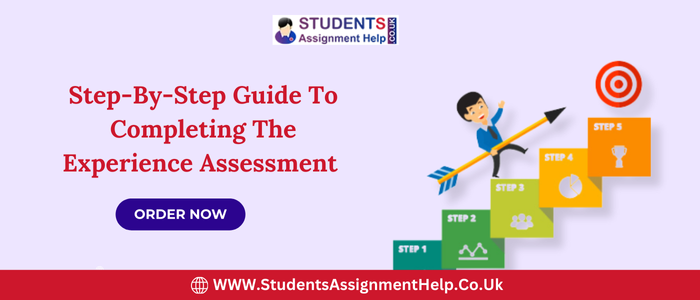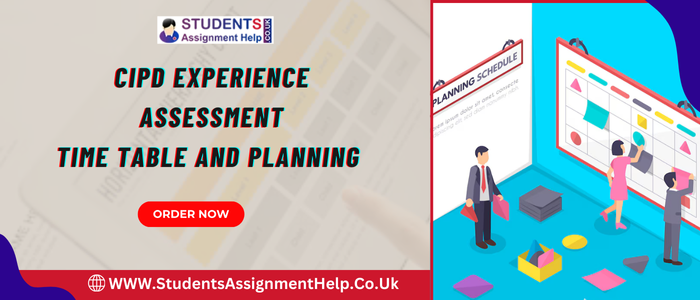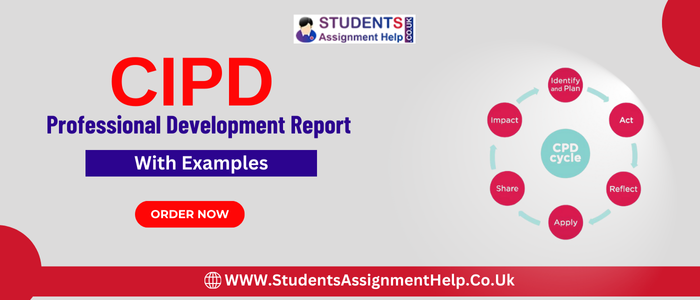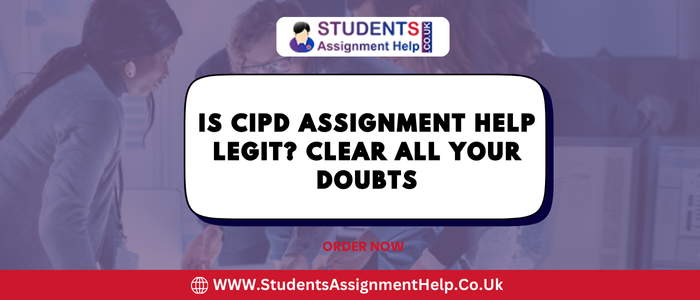Understanding Bad-Credit Loans: A Lifeline for Students in Financial Crisis

No matter which subject or subjects you’re studying at university, you also need to learn the fundamental life skill of how to get through tough financial times. Understanding bad-credit loans can play a critical role in this, now more than ever as students face potential financial catastrophe. Eyewatering rises are expected this year in the cost of academic resources and other basic student necessities such as food and clothes.
In this post, you’ll find out how the cost-of-living crisis is likely to affect your student life. You’ll also get an insight into avoiding financial mistakes that could make matters worse, and what to do about student debt and bad credit.
How the Cost-of-Living Crisis is Hitting Students in 2023
Results of a study published in September 2023 revealed growing concern among students as the cost-of-living crisis continued to bite, with steep rises in prices of items vital for academic study. Researchers predicted students would be £5,000 worse off.
Eighty-five percent of the 500 students polled feared they wouldn’t be able to meet their expenses this year, and 42 percent said their student loan wasn’t enough to cover their costs. Three-quarters of the students were considering dipping into savings and 67 percent expected to rely on credit cards.
More than half the students were already depending on financial help from their parents in order to make ends meet. And 62 percent revealed they would never have gone to university if they’d known how much it would cost.
The learning resources students need but are struggling to afford include course materials and basic home office equipment such as:
- Desktop computer.
- Mobile phone.
- Desk.
- Mobile phone.
Everyday items students were having difficulty paying for included:
- Groceries.
- Kitchenware.
- Bedding.
- Clothes.
Common Financial Mistakes Students Make (And How to Avoid Them)
University opens up an exciting new world of personal growth and self-discovery. But at the same time it can be easy to slip into bad money management habits. Suddenly, you have to start dealing independently with life’s financial aspects, probably for the first time, and this can be confusing initially.
Although the government student loan covers tuition fees and living costs such as accommodation, it’s crucial to bear in mind that you’ll have other expenses that need to be met. Financial mistakes that are common among students include:
Lack of a Basic Budget
If you don’t know how much money you have and how much you’re spending, your finances can easily spiral out of control. A basic budget is imperative to compare available cash against outgoings. This can help avoid debt problems. You may find, for example, you need to curb leisure spending to some extent in order to meet essential costs.
Failing to Plan for the Future Financially
As you’re focusing on lectures, course work, and preparing for exams, planning your financial future may seem irrelevant. You have to remember, though, you need to work out at least on a fundamental level how you’re going to transition from university life to your first job.
Then think about your life goals, which may include owning a home and starting a family, for instance. And remember that your student debt will be following you through a large part of your life. You don’t need all the answers right now, but a financial road map is a good starting point.
Overreliance on a Credit Card
As we’ve seen, the majority of students are now looking to their credit card as a solution to their financial struggles. The problem with this is that credit cards can tempt you to overspend. You should aim to keep your monthly card payments at a reasonable level. You can do this by avoiding the temptation of impulse purchases and restricting use of your card to essential spending.
Student Debt and Bad Credit
Excessive use by students of a credit card or bank overdraft often results in increased debt and missed or late repayments. This will show up in your credit report and can lower your credit score, making it harder to borrow money in the future because lenders regard you as too much of a risk.
If you find yourself in this stressful situation, keep in mind that’s it’s not the end of the world. Bad credit can be repaired, although it can be a lengthy process, taking several months or even several years. Meanwhile, bad-credit loans provide a lifeline for students in financial crisis.
What Are Bad-Credit Loans?
Money is becoming increasingly tighter for students and there’s always the risk of unexpected expenses. One solution is personal finance in addition to your student loan. However, mainstream lenders typically see students as high-risk borrowers. And getting a personal loan can be even more difficult if you have bad credit. But it’s still possible.
Some lenders specialise in bad-credit loans. This type of financing can help rebuild your credit history over time, as long as you keep up with repayments over the whole term of the loan. This means you need to be realistic in working out how much you can afford to pay back each month. Bad-credit loans are usually available online, so you can check your eligibility quickly, and, if approved, the money you need can be in your bank account fast.
Looking to the Future
Understanding bad-credit loans as a possible means of resolving temporary financial hardships as a student can make it easier to get through university life despite the cost-of-living crisis.
And knowing how to avoid common financial mistakes will stand you in good stead for the future as you repay your student loan, which is likely to take most of your working life. (The average student debt in 2023 is £45,800. That’s £11,400 more than the current average annual salary in the UK).
























